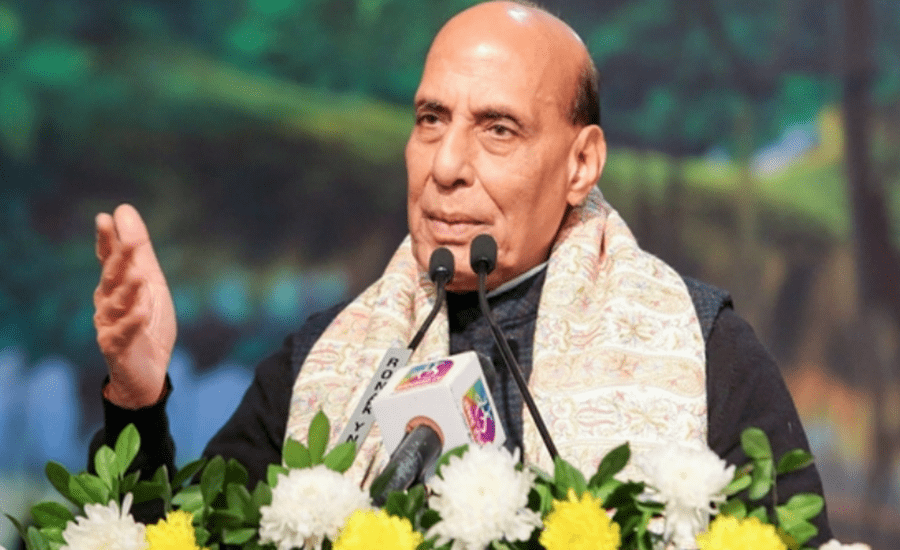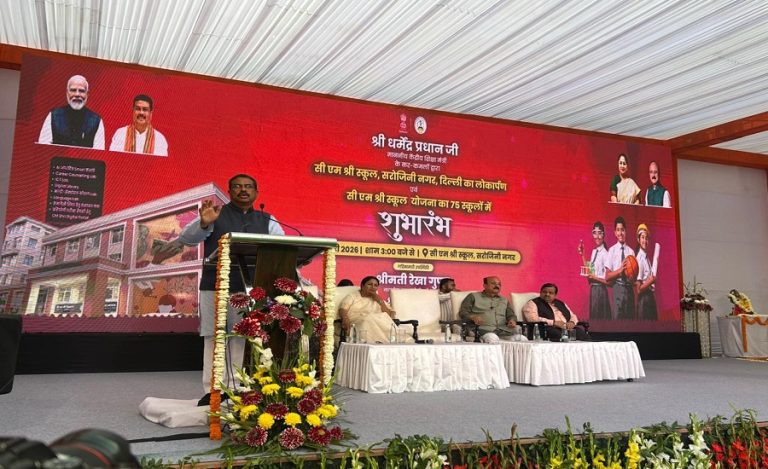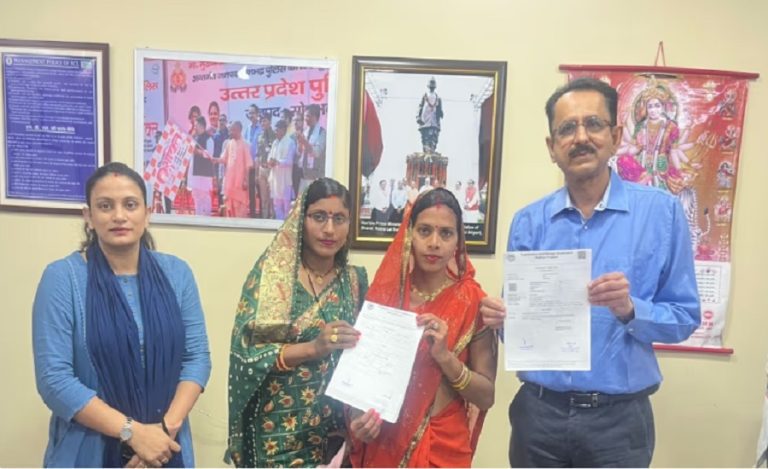Defence Minister Rajnath Singh addressed a gathering in Dehradun today during a dialogue on ‘National Security & Terrorism,’ where he underscored the significant transformation in India’s security approach under the leadership of Prime Minister Narendra Modi over the past 11 years. He pointed to Operation Sindoor as a defining moment in this shift, calling it the most decisive counter-terrorism action in Indian history.
The operation was launched in response to a terror attack in Pahalgam, Jammu & Kashmir, which Singh described as an assault on the nation’s social unity. He stated that India’s retaliatory strikes targeted terror bases and infrastructure in Pakistan and Pakistan-occupied Kashmir (PoK), delivering a strong message against terrorism. Singh emphasized that the abrogation of Article 370 had ushered in an era of peace and development in J&K, a fact that unsettled neighboring Pakistan.
“Despite Pakistan’s attempts to disrupt progress, Kashmir continues to advance. The Udhampur-Srinagar-Baramulla rail link stands as a testament to our commitment to development. Soon, PoK will also embrace India and declare, ‘I, too, am Bharat,’” Singh asserted.
He stressed the need for vigilance at both governmental and public levels to prevent future terror incidents, labeling terrorism as a grave threat to democracy, peace, and humanity itself. “Terrorism is not just a security challenge; it is a battle to safeguard the fundamental values of civilization,” he added.
Mr. Singh dismissed any justification for terrorism, stating that no cause—religious, ideological, or political—could validate violence. He contrasted India’s democratic achievements with Pakistan’s alleged role as a breeding ground for global terrorism. “India is celebrated as the ‘Mother of Democracy,’ while Pakistan has become the ‘Father of Global Terrorism,’” he remarked, accusing Pakistan of harboring and training terrorists.
The Defence Minister called on the international community to halt financial aid to Pakistan, arguing that such funds fuel terrorism. He also expressed dismay over the UN Security Council’s decision to appoint Pakistan as Vice-Chair of its Counter-Terrorism Panel, questioning the logic behind entrusting a nation accused of sheltering terrorists with leading global anti-terror efforts.
Mr. Singh urged global institutions to take stronger action against terrorism, warning that without its eradication, worldwide peace and prosperity would remain elusive. He extended an offer to Pakistan, suggesting that if it was incapable of acting against terrorists on its soil, India’s armed forces were prepared to intervene, as demonstrated during Operation Sindoor.
Highlighting India’s strides in self-reliance in defence, Singh noted that the weapons used in Operation Sindoor were domestically manufactured. He outlined key achievements, including a surge in defence production from Rs. 40,000 crore in 2014 to over Rs. 1.30 lakh crore today, and a dramatic rise in defence exports from Rs. 686 crore to Rs. 23,622 crore in the last decade.
The Defence Minister also addressed the growing threat of information warfare, urging citizens to act as “social soldiers” by countering misinformation. He cautioned against the spread of fake news, emphasizing that even unintentional sharing of false narratives aids adversarial forces.
Concluding his speech, Singh underscored the media’s critical role in safeguarding national security, calling journalism a national duty that must prioritize accuracy over speed. Uttarakhand Chief Minister Pushkar Singh Dhami was among the dignitaries present at the event.




























